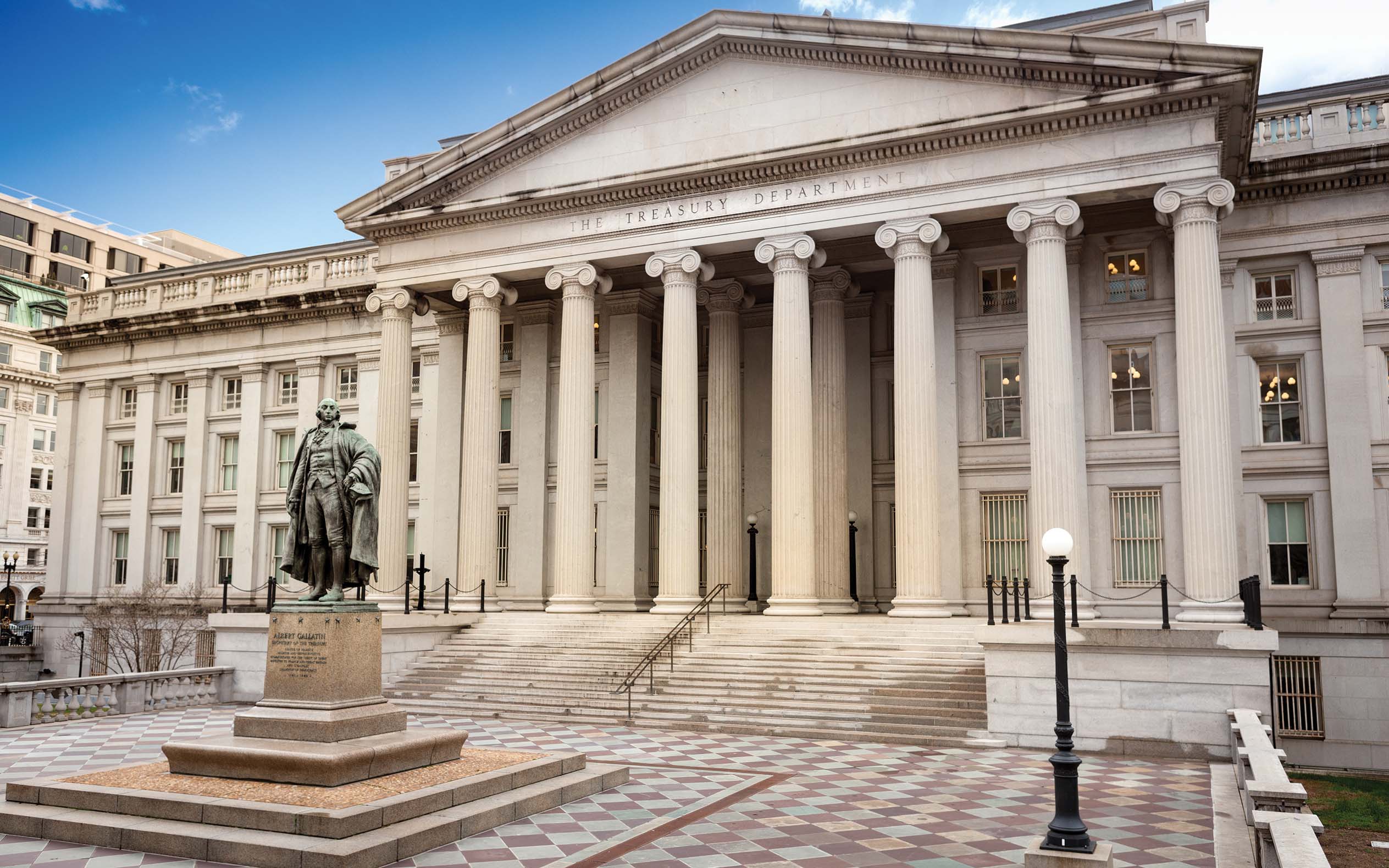Our industry faces certain changes following President Trump’s recent executive orders. Here’s what you need to know.
Anjelica Dortch: Executive Orders Chart New Policies for Community Bankers
0625 Exec Order 2k
June 01, 2025 / By Anjelica Dortch
Our industry faces certain changes following President Trump’s recent executive orders. Here’s what you need to know.
During President Trump’s first 100 days in office, the returning president has issued more than 100 executive orders, surpassing the previous record held by Franklin D. Roosevelt, who signed 99 executive orders in his first 100 days in 1933. The vast majority of these orders will not directly affect community banks, but some introduce changes to the nation’s monetary policy and federal government operations that community bankers should monitor closely. Here are some areas to watch.
Community development financial institutions
Executive Order 14217 released in early March, targets the Community Development Financial Institutions (CDFI) Fund, aiming to restrict and eliminate its non-statutory functions. This order limits opportunities for new institutions, particularly community banks that serve rural and/or underserved communities, where access to capital is often limited.
ICBA is actively engaging with the administration and Congress to underscore the historical significance and importance of CDFIs. We are working closely with our members who currently hold the CDFI designation, particularly minority deposit institutions (MDIs), to ensure their community banks and the fund can continue to support underserved U.S. communities that are traditionally overlooked by larger financial institutions.
Trade and tariffs
Since February, the administration has introduced a series of executive actions affecting trade relations with Canada, Mexico and other key U.S. partners—many of which are now on hold. At the same time, growing trade deficits have prompted the president to initiate new trade discussions while also leveraging existing executive authorities. The U.S. is implementing broad, reciprocal tariffs and enacted country-specific tariffs that have since been suspended.
By July, new or increased tariffs may affect community banks by affecting the borrowing capacity and financial stability of their business customers. From a lending perspective, community bankers and their small business customers may need to evaluate supply chains and identify the countries of origin for parts, components and supplies to determine the possible impacts of tariffs on a particular business.
Small businesses and consumers could soon feel the strain of rising costs, as the price of importing goods from China—one of the United States’ largest trading partners—is expected to climb by this summer. These increases, including the possibility of triple-digit tariffs or a universal 10% tariff, may prompt businesses to pass costs onto customers or shift borrowing strategies, potentially influencing loan portfolios. ICBA is closely monitoring these developments during the current 90‑day pause, set to expire on July 9.
Agency restructuring
President Trump has also issued several executive orders related to the Department of Government Efficiency (DOGE), which addresses government-related cost efficiencies. These executive orders, in conjunction with the work of DOGE, have resulted in the cancellation of contracts deemed fraudulent, wasteful and/or abusive, as well as the restructuring of federal agencies and layoffs of federal employees. Large-scale buyouts and reductions in force—or “RIFs”—have occurred within the federal financial regulatory agencies, including the FDIC, SEC, OCC and CFPB.
As such, community banks may experience changes to examination staff as a result of RIFs and the restructuring of agency personnel. ICBA encourages community bankers to maintain an open dialogue with their primary regulators to understand how any changes may impact local examination teams. Meanwhile, ICBA is also engaging with agency leadership to ensure changes to agency personnel and examination teams do not result in less supervision of the nation’s largest banks while disproportionately burdening ongoing supervision of community banks.
Secure payments of American benefits
Executive Order 14247, released on March 25, addresses secure payments to and from American bank accounts. By Sept. 30, the federal government aims to stop the usage of checks for benefit payments. While this measure is a positive step toward reducing check fraud, it also presents an important opportunity for community banks to support underbanked populations. Community bankers will play a vital role in helping customers transition away from physical checks by ensuring they have the tools and resources needed to securely access their accounts and continue receiving essential benefits. This is a critical moment for community banks to deepen relationships and expand financial inclusion.
Bankers’ call to action
ICBA encourages community banks to communicate with their customers about the safety, soundness and security of our institutions and keep them informed of new developments and deadlines. As the community banking industry navigates the ebbs and flows of monetary and fiscal policy changes, and reorganizations within the federal government, ICBA remains dedicated to ensuring community banks have a voice in Washington.
Subscribe now
Sign up for the Independent Banker newsletter to receive twice-monthly emails about new issues and must-read content you might have missed.
Sponsored Content
Featured Webinars
Join ICBA Community
Interested in discussing this and other topics? Network with and learn from your peers with the app designed for community bankers.
Subscribe Today
Sign up for Independent Banker eNews to receive twice-monthly emails that alert you when a new issue drops and highlight must-read content you might have missed.
News Watch Today

Join the Conversation with ICBA Community
ICBA Community is an online platform led by community bankers to foster connections, collaborations, and discussions on industry news, best practices, and regulations, while promoting networking, mentorship, and member feedback to guide future initiatives.












